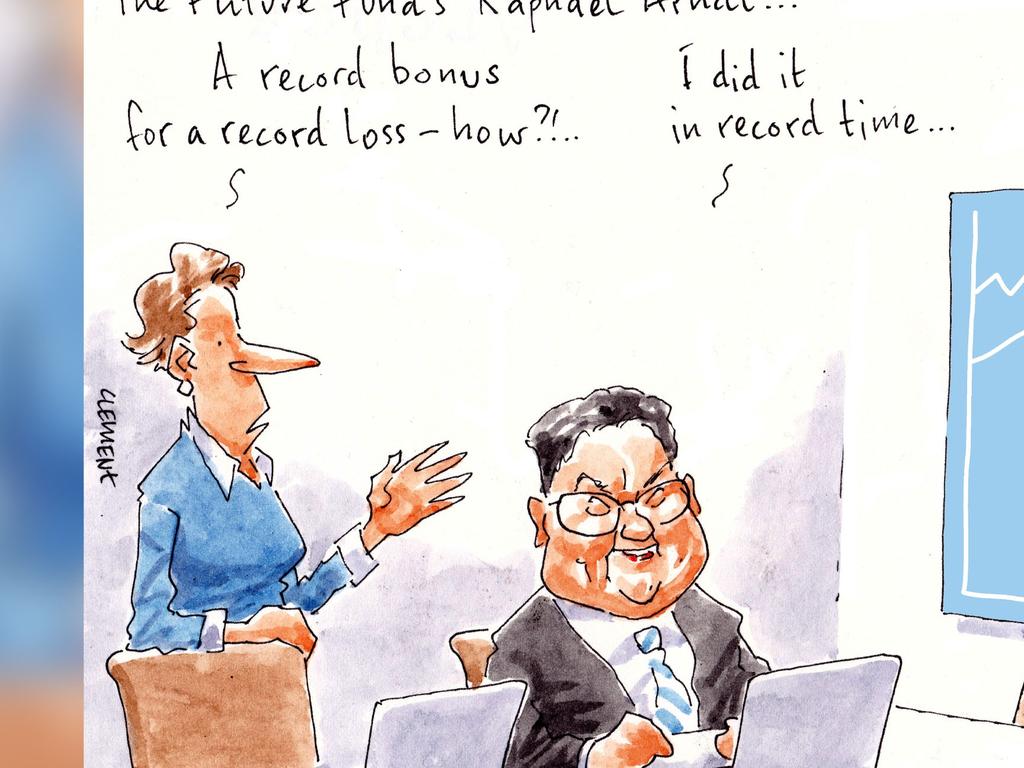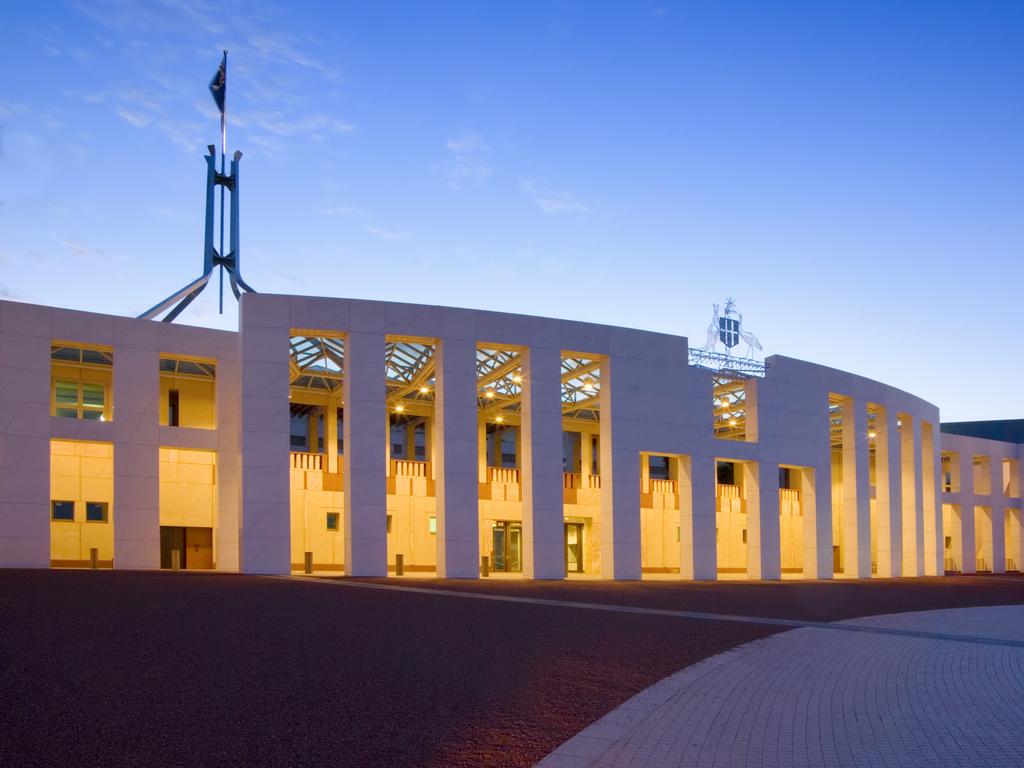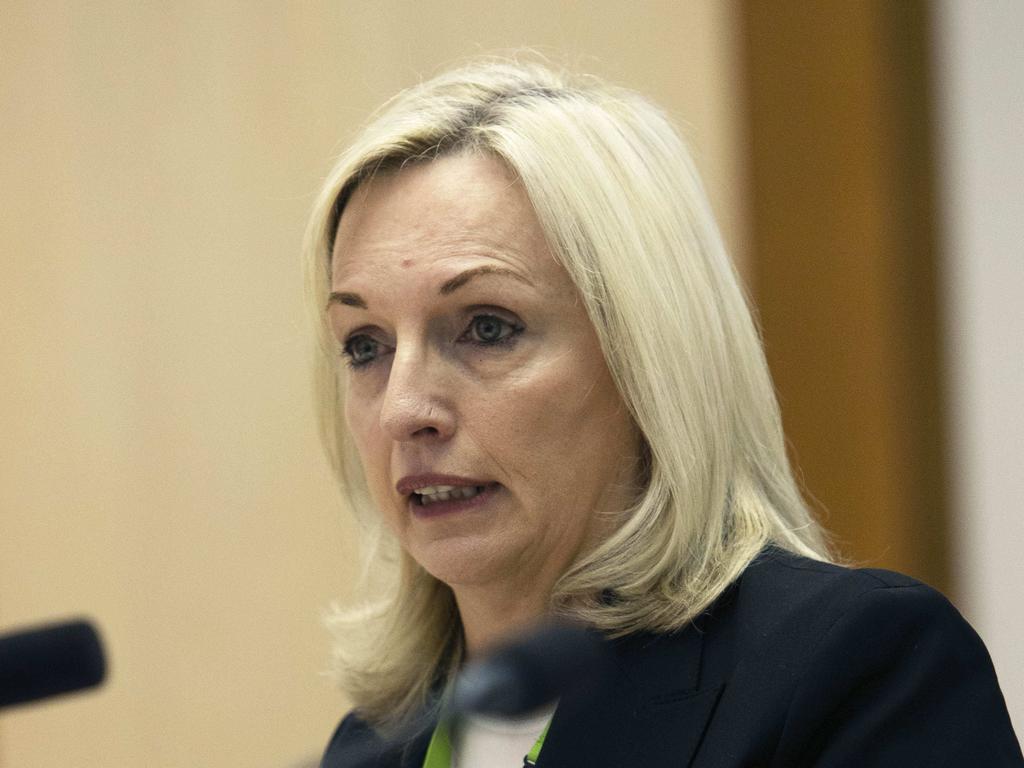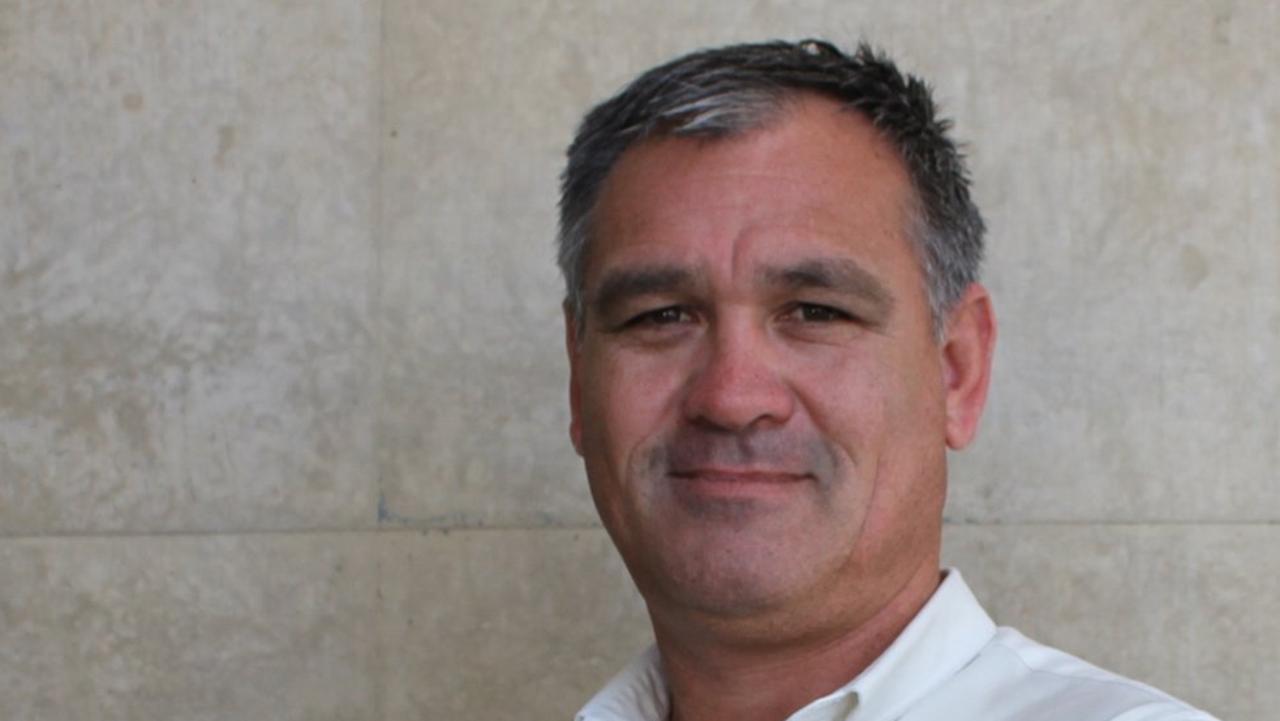Scott Morrison tightens screws on public servant pay rises
More than 230,000 public servants will have their pay rises slashed and bonuses examined in the wake of Christine Holgate’s resignation.
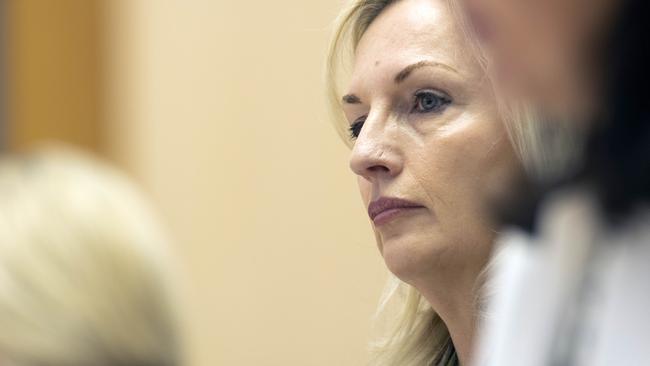
More than 230,000 public servants will have their pay rises slashed to as little as 1 per cent after the Morrison government pegged the salaries of commonwealth bureaucrats to those of the private sector.
Bonuses for public sector executives will also be examined by a special review in the wake of Christine Holgate’s resignation as chief executive of Australia Post, after revelations the organisation handed four Cartier watches to senior managers as a reward for good work.
Friday’s decision, made by Assistant Minister to the Prime Minister Ben Morton, set off an immediate row with the public sector union, who said it would hurt economic growth.
Increases in public servant salaries, which the budget expects will run to $21.6bn this financial year, have been capped at two per cent annually since 2015, although an increase due in April was deferred due to the coronavirus pandemic.
Private sector wage growth has slowed from 2.3 per cent over the 12 months to June 2019, to 1.7 per cent over the most recent financial year, Australian Bureau of Statistics data shows.
The Reserve Bank‘s most recent wages forecast predicts workers’ pay will lift by just one per cent this financial year, and by 1.5 per cent in the next.
Mr Morton said the decision to link private and public wage growth was not driven by a desire to reduce costs, but was an attempt to ensure “the wage rises of commonwealth-sector employees reflect those of the wider Australian community”.
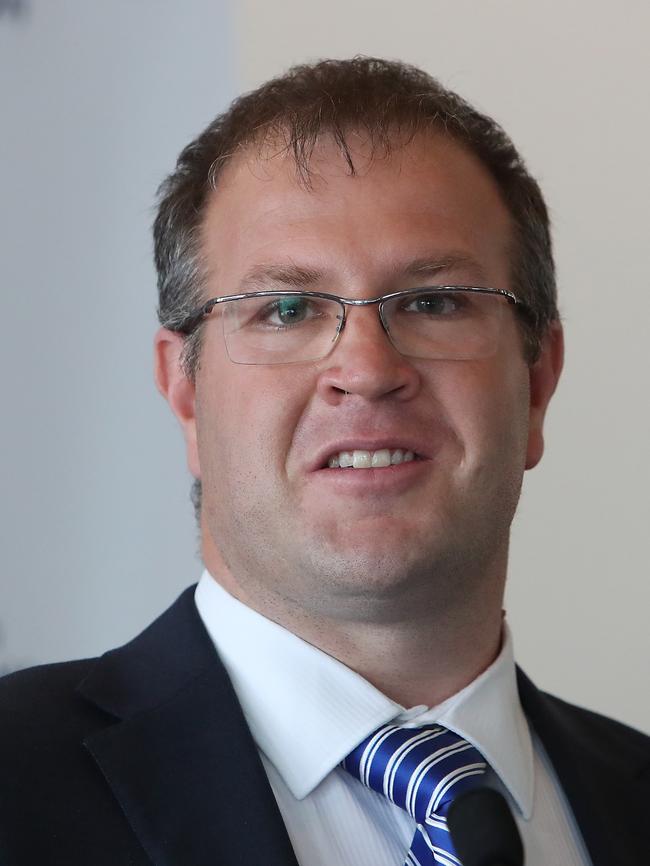
He said the removal of the two per cent cap would allow public sector wages to grow faster once the economy recovered and private sector salaries rose.
The Department of Prime Minister and Cabinet and the Australian Public Service Commissioner will also review the performance bonuses for senior public sector executives.
“It is the expectation of the government that where agencies have access to bonus arrangements they should exercise restraint to the furthest extent possible,” Mr Morton said.
Two public organisations — Australia Post and the Australian Securities and Investments Commission — were last month embroiled in scandal over various payments and benefits given to senior managers.
Ms Holgate has now left Australia Post amid the fallout of the Cartier watch scandal, while the corporate regulator’s deputy chairman Daniel Crennan QC also resigned after the agency disclosed he had received almost $70,000 in rental payments in excess of public sector pay limits.
James Shipton, ASIC’s chairman, has also stood aside as investigators looks into $118,000 in personal tax advice he received — paid for by the government.
Mr Morton’s decision was met with from Community and Public Sector Union secretary Melissa Donnelly, who accused the government of “effectively abdicating its leadership role”.
“As our nation faces a recession and difficult economic circumstances, (Scott Morrison) has the power to help get the nation back on its feet by creating good, stable jobs in the public sector, and showing leadership on wages,” Ms Donnelly said.
“If the government wants to stimulate the economy and keep consumer spending up, this is not the way to do it … the long-term implications of this decision will be felt for years to come.”
According to the Australian Public Service remuneration report, the median base salary increase for bureaucrats was 1.2 per cent in 2019, two per cent in 2018 and 2.5 per cent in 2017.
The timing of pay increases will vary between agencies, while existing arrangements with run their course, the Australian Public Service Commission said.
Professionals Australia, which represents engineering and scientists working, said changing the wages policy now would “strap employees to a rollercoaster of changing conditions”.
“Public sector wages are actually a significant factor in driving up private sector wages,” Professionals Australia director Dale Beasley said.
“That’s important to consider at a time when governments are trying to put money back into the economy.”
The Reserve Bank’s recent monetary policy statement said the imposition of wage freezes and a “prolonged period of labour market slack” would keep wage increases below two per cent.
“Government policies have also kept public sector wages growth stable at around 2.5 per cent over the past few years,” the bank wrote in August.


